Premier Brantley Advocates for Visa Waiver Program Expansion and Increased Engagement with Africa
Premier Mark Brantley of Nevis, while addressing the 78th Session of the United Nations General Assembly, called for greater international cooperation and reform within the UN system, particularly in addressing global challenges like climate change and development financing. He specifically urged the Federal Government of St. Kitts and Nevis to expand its visa-free travel program and deepen its engagement with Africa. Brantley emphasized that small island developing states (SIDS) like St. Kitts and Nevis are disproportionately vulnerable to climate change impacts, facing existential threats from rising sea levels and extreme weather events. He called for greater financial support and technical assistance from developed nations to help SIDS adapt to and mitigate these climate-related challenges, emphasizing the need for accessible and concessional financing mechanisms tailored to the unique vulnerabilities of these nations.
The Premier’s call for visa waiver program expansion stemmed from his belief that facilitating easier travel fosters international partnerships, trade, and cultural exchange. He argued that restrictive visa policies hinder the potential for economic growth and development, especially for small nations seeking to diversify their economies and attract foreign investment. By expanding its visa-free travel arrangements, St. Kitts and Nevis could strengthen its ties with other countries, enhance its tourism sector, and promote people-to-people connections, fostering greater understanding and collaboration on shared challenges. Brantley highlighted the specific need to expand the visa waiver program to African nations, emphasizing the historical and cultural connections between the Caribbean and Africa. He viewed strengthening these links as crucial for promoting South-South cooperation, facilitating trade and investment opportunities, and fostering a greater sense of global solidarity.
Furthermore, Premier Brantley stressed the importance of deepening engagement with Africa in various spheres. He advocated for increased diplomatic representation, exploring potential partnerships in areas like renewable energy, agriculture, and technology transfer, and supporting initiatives that promote sustainable development across the African continent. Brantley envisioned a more robust and mutually beneficial relationship between St. Kitts and Nevis and African nations, recognizing the shared experiences and challenges faced by developing countries in both regions. He argued that closer collaboration would enable the sharing of best practices, the development of joint projects, and a stronger voice for the concerns of developing nations on the global stage.
The call for UN reform focused on enhancing the representation and voice of smaller nations within the organization’s decision-making structures. Brantley argued that the current system often marginalizes the perspectives and priorities of SIDS and other developing countries, hindering their ability to effectively address their unique challenges. He advocated for a more inclusive and equitable UN system that provides greater opportunities for smaller nations to participate in global discussions, contribute to policy formulation, and access the resources and support needed for sustainable development. Specifically, he emphasized the need for reform within the Security Council, advocating for a more representative body that better reflects the geopolitical realities of the 21st century and provides a platform for diverse voices.
Premier Brantley’s address highlighted the interconnectedness of global challenges and the need for collective action to address them. He emphasized that issues like climate change, economic development, and global security are not isolated concerns but rather interconnected challenges requiring cooperative solutions. He called for greater multilateralism and a renewed commitment to the principles of the UN Charter, highlighting the importance of international cooperation in achieving a more just, equitable, and sustainable world. Brantley stressed that SIDS and other developing nations require robust support from developed countries to address these challenges, including financial assistance, technology transfer, and capacity-building initiatives. He underscored the urgency of action, emphasizing that delays in addressing these critical issues will only exacerbate the challenges faced by vulnerable nations.
Finally, the Premier’s appeal to the international community reflected the broader aspirations of small island developing states seeking a stronger voice and greater support on the world stage. His call for visa waiver expansion, deeper engagement with Africa, and UN reform encapsulates a multifaceted approach to development, aiming to build stronger partnerships, diversify economic opportunities, and foster a more inclusive and equitable global order. Brantley’s emphasis on the specific vulnerabilities of SIDS serves as a reminder of the urgent need for collective action to address the existential threats posed by climate change and the importance of empowering developing nations to participate fully in shaping a sustainable future. He underscored the responsibility of developed nations to provide the financial resources and technical assistance necessary for SIDS to adapt to and mitigate the impacts of climate change and build resilient, sustainable economies.
Share this content:
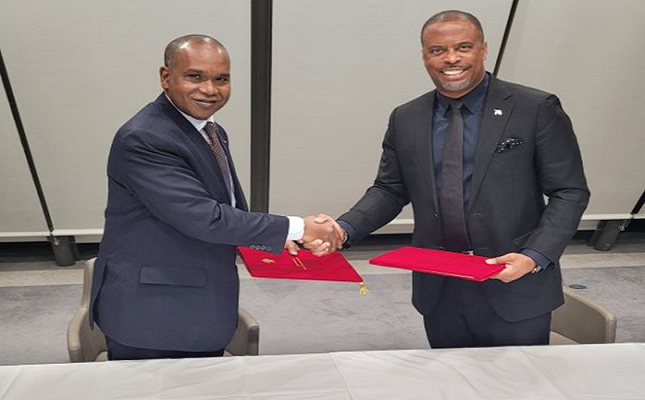
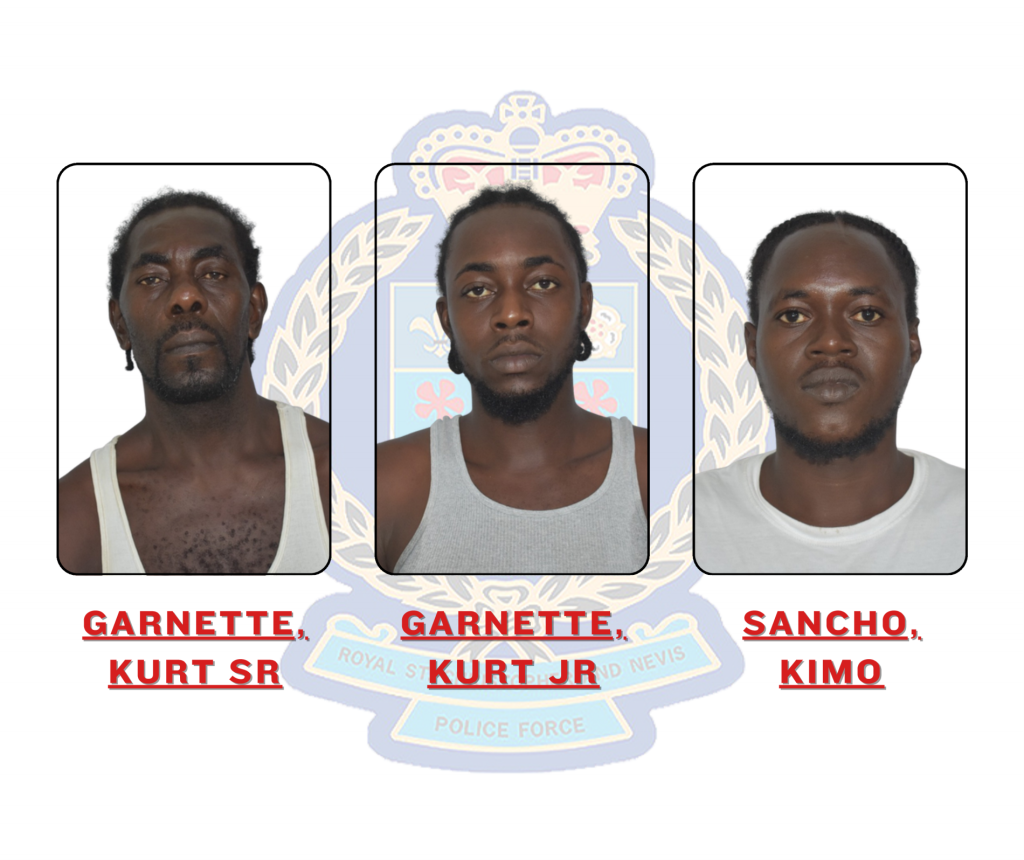

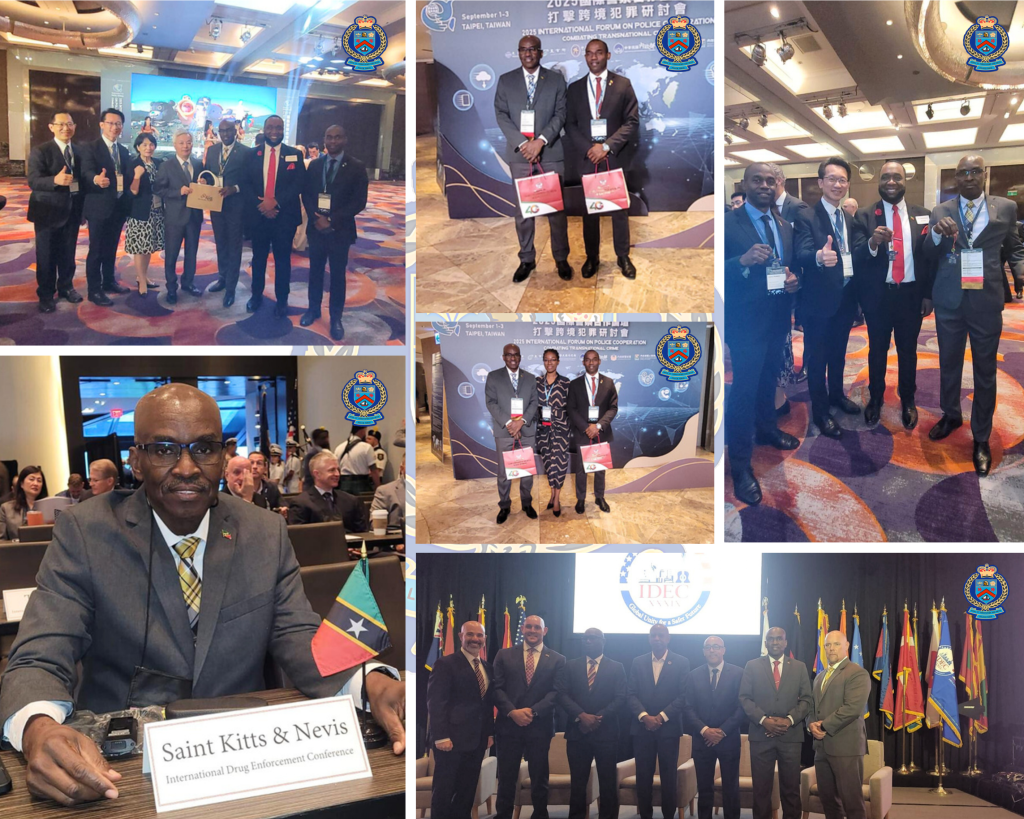
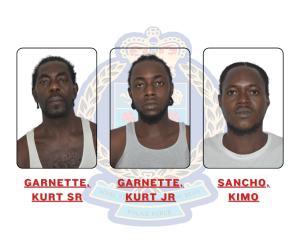

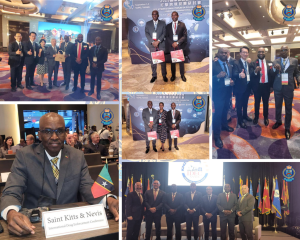
Post Comment